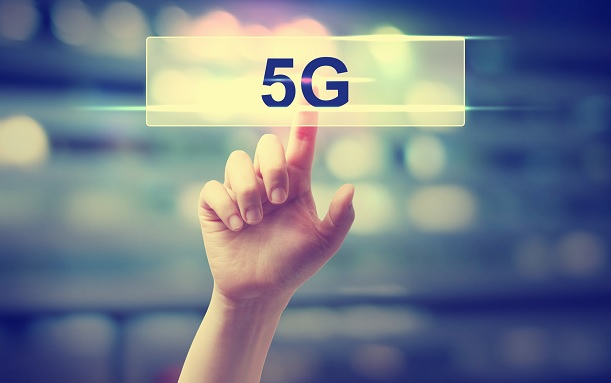Telcos will have to share 5G bands in order to fully deliver on the technology’s promise, researchers at the University of Surrey have said.
The British team said current methods of auctioning off spectrum to operators would need to be shelved, because of how millimetre wave spectrum is used.
Professor Maziar Nekovee, Head of Engineering and Design at the University of Sussex, which is a member of the European Union-led 5G Infrastructure Association, said: “These millimetre-wave frequencies are already used for satellites, military applications, radio astronomy and mobile backhaul (the ultra-high capacity links that are used by mobile operators to connect thousands of 4G masts to their network).
“Using the same approach for 5G as we did for 4G would be hugely wasteful of a precious resource and could cause problems for existing users of these ultra-high frequencies.”
The university has been working with telco consultancy Plum to examine how telcos could fairly share spectrum with other players in the 26-30GHz frequency range.
[Read more: EU underwrites €50bn push to speed up standards, drive IoT]
It claimed the entertainment sector would be the first to benefit from 5G services. Professor Nekovee, former Head of 5G research at Samsung, said: “With technologies like virtual reality and augmented reality racing ahead, we really need 5G in order for our infrastructure to catch up. From 2020, VR and AR will become commonplace on mobile devices and will deliver the first big transformation of the 5G era.
“Then we’ll see an explosive growth in the Internet of Things from around 2025. Things like smart cities, automation and smart grids for factories of the future will become a reality. This is a brave new world.”



